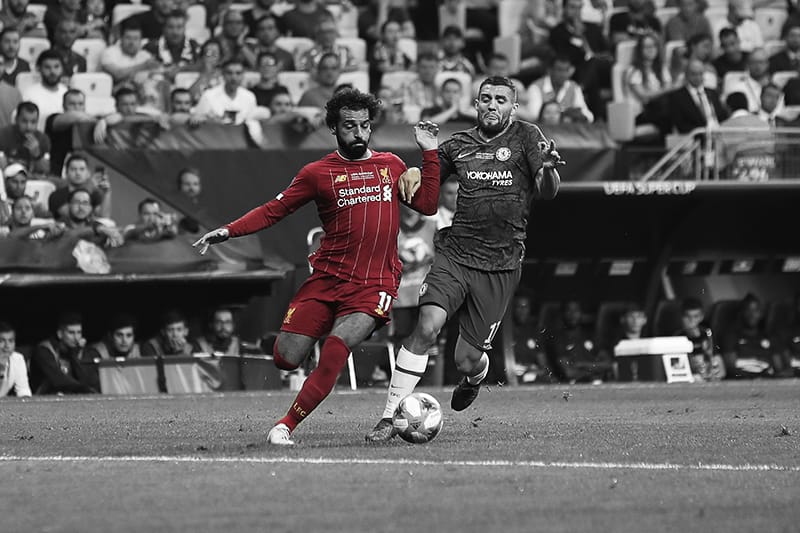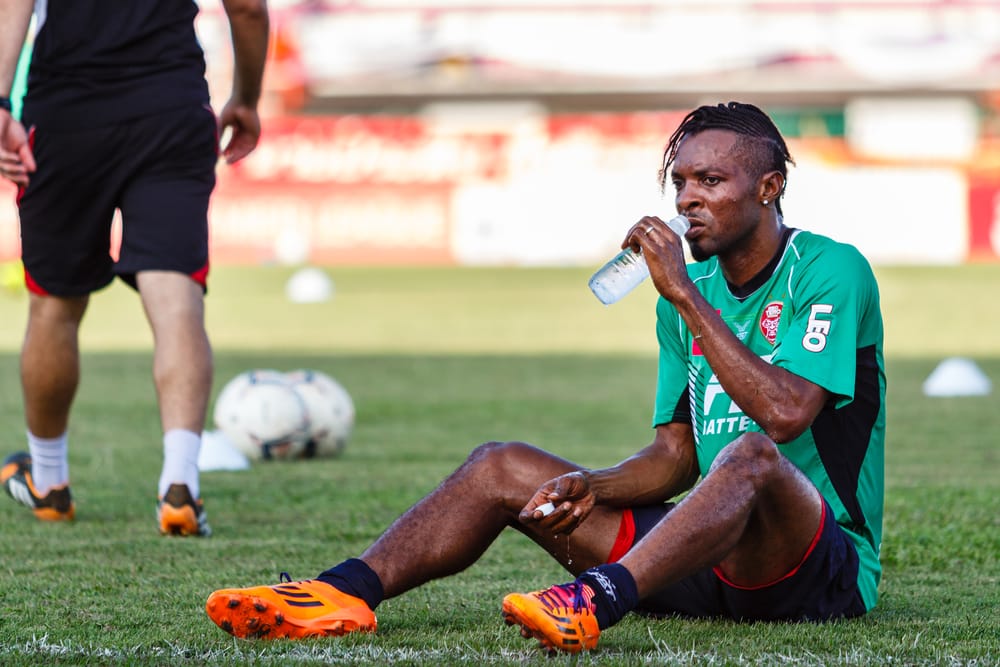The yearly training planning in soccer involves three different training periods: preparation, competition and transition.
The preparation period refers to the time from the start of the first trainings to the first formal soccer match. The training load is high in this period. General development exercises are emphasized while the primary emphasis is on improving maximal strength according to the literature in this area.
The active rest phase is the transition period of annual training planning.
Especially in eatern Europe, amongst amateur sports clubs, there exists a transition period of four or four and a half months, and in this period, in general, it consists of passive rest.
In such a long passive resting period of time or time periods without structured team training, soccer players experience significant losses in their technical and motor performances.
The Objective of the Study
The objective of this research study was to study the effects of a soccer training programme on some physical and technical skills of children when coached through an 8-week mesocycle of soccer training.
Comparison of the findings among motor performances and technical skills of children were assessed, from when they had spent previously twelve week’s transition period through passive rest or minimal structure.
Youth players’ soccer technical skill levels were tested by using wall passing and dribbling tests, and physical condition levels were assessed by using standing long jump and the flamingo balance tests.
After eight weeks of training, the results of pre and post-tests were compared and found significant differences.
Practical Application
- After twelve weeks of unstructured training or passive rest – the results highlighted statistically significant differences to the negative direction were found both with physical and technical tests.
- This highlights the need when dealing with development age groups to consistently train to a structure providing only shorter periods of unstructured training in order to keep the developmental pathway progressing.
- Too much time away from structured training causes regression in youth player’s development which is counteractive to the whole structured period.
- Youth coaches should be concerned with the amount of rest time between training periods for youth players.
Share this article:








